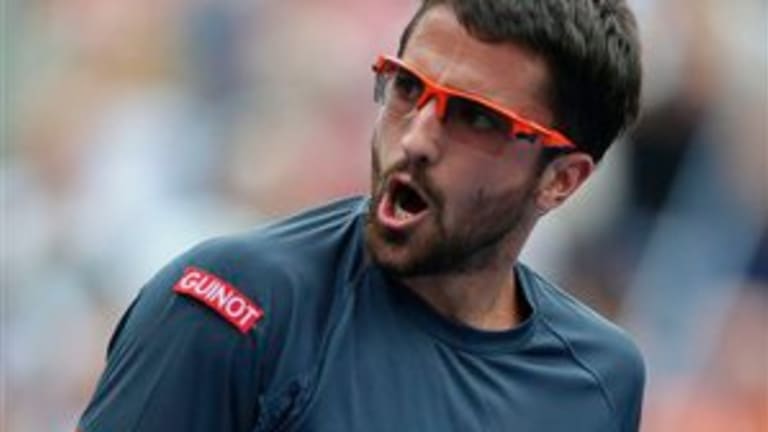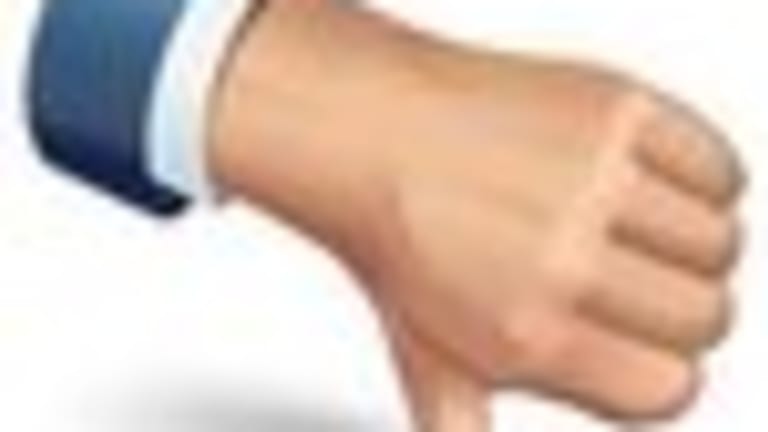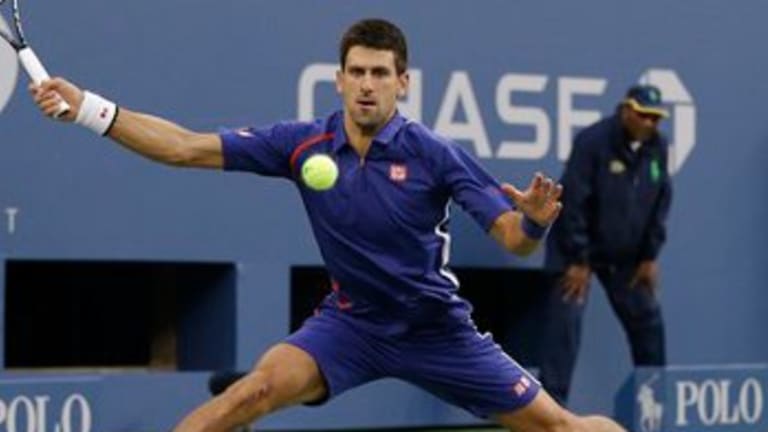David Ferrer and Novak Djokovic, for failing to give a straight answer to a direct question regarding their input into the USTA ‘s decision not to put on the men’s semifinals concurrently, thereby guaranteeing a Monday final.
Ferrer was asked, “How much did you know about yesterday's schedule, and did you two want to play on Armstrong to try to be able to get the whole match in?”
He replied: “I don't want to say nothing about this. Yesterday we played second match. The organization did what they think was the better for the tournament. I don't have to say nothing about this.”
Not long thereafter, pretty much the same questions was put to Djokovic: “Did you want to play Louis Armstrong Stadium yesterday while the first semifinal was going on?
He answered: “No. No. I mean, they didn't ask me, but, you know, that was an option. I said, I mean, it's not on me to decide. Whatever you have to decide I have to accept it.”
That decision not to put the second semi on Armstrong (while Murray battled Berdych inside Arthur Ashe Stadium in the first semi) had significant repercussions. Among them: Many ticket holders who came by their weekend ducats the hard way (they paid, and planned a U.S. Open vacation around the dates) were left out in the cold.
Instead of a full menu Super Saturday, the fans got the Murray-Berdych match—plus one set of Djokovic v. Ferrer. The Sunday ticket was much worse. It didn’t even provide spectators with a full main-draw singles, just the conclusion of the Djokovic v. Ferrer semi. The women’s final, played that evening, was a different ticket entirely. So it was a terrible deal for the ticket buyer who shelled out big bucks for the Super Saturday/men’s final weekend double.
What bothers me though, is how both Ferrer and Djokovic fudged their answers to very simple and direct questions. I haven’t been able to confirm that the men vigorously opposed the idea of going on at the same time as the other semi (although sources suggested that was the case). But however you feel, or whoever was right, or wrong, the players here could have clearly and transparently articulated the positions they took and done more to make people feel like they wanted to do what was right and best, especially for the ticket-buyers.



